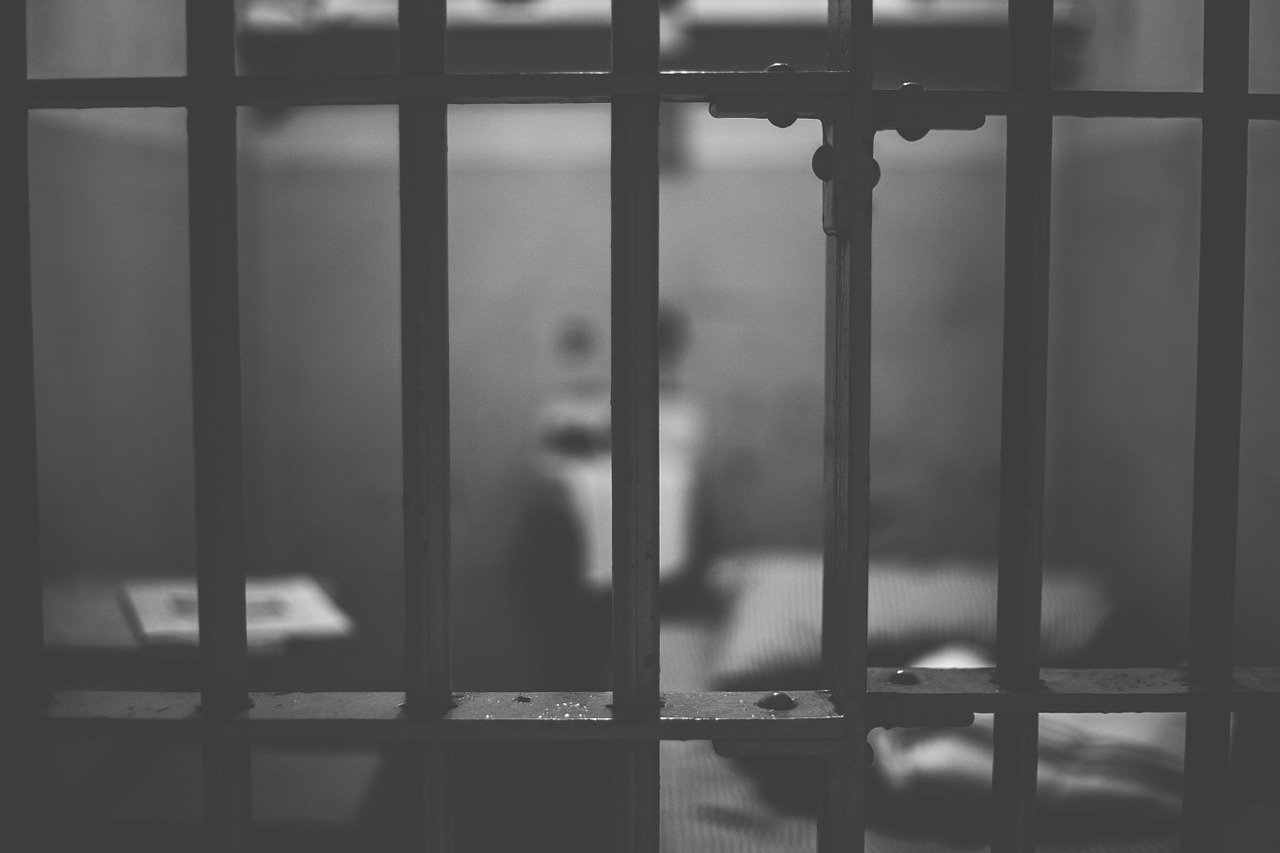Criminal cases that operate outside of a court often come to resolution by obtaining a plea bargain. This may be called “negotiating a plea” or a “plea deal”. Plea bargains happen for a variety of reasons, and can often be beneficial to the defendant rather than a less favorable chance outcome if the case travels to court.
 A plea bargain can often involve the defendant pleading guilty or “no contest” to a lesser charge, or fewer charges than were initially presented to them. A plea bargain necessitates the negotiations of both sides. It is possible, however, that even with a plea bargain that a judge could decide not to follow the prosecution’s recommendation within the plea bargain.
A plea bargain can often involve the defendant pleading guilty or “no contest” to a lesser charge, or fewer charges than were initially presented to them. A plea bargain necessitates the negotiations of both sides. It is possible, however, that even with a plea bargain that a judge could decide not to follow the prosecution’s recommendation within the plea bargain.
Plea bargaining usually happens in private, and the public will not be aware of any such deal or negotiations until the plea is accepted or rejected in court. Still, plea bargaining is a very common practice, with something like 90% of criminal convictions arising from negotiated plea deals.
Many people may view plea bargaining as a “sneaky” or “underhanded” tactic that allows for a defendant to get away with lesser charges. However, the federal government as well as state laws often have written rules in regards to plea bargains which explicitly state how a plea bargain can be written, arranged, and accepted by the court.
What are the benefits to a plea bargain?
- Defendants can avoid both the cost and time of a lengthy court trial.
- The prosecutors can avoid both the cost and time of a lengthy court trial.
- A defendant may be able to avoid the risk of a harsher punishment if found guilty on all charges during a court trial.
- Both sides can avoid bringing a case to trial.
- The court itself benefits by not having to conduct an additional criminal trial.
If you or someone you know needs assistance with a criminal case, we can help defend you. We can answer all your questions about plea bargains, your charges, and more. Contact us today to begin organizing your defense.


